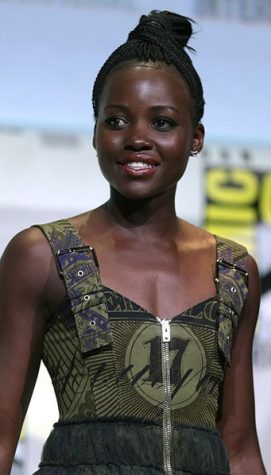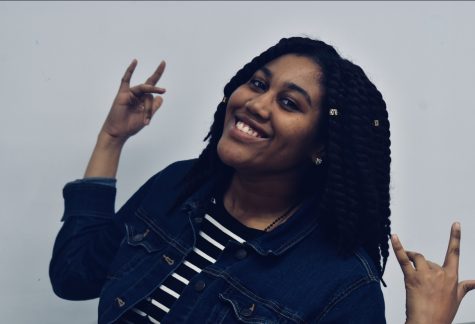Opinion: Colorism in the Black Community Needs to Cease
November 14, 2017

Colorism has been around for decades. People in the United States can trace it all the way back to slavery when rape by the masters and white overseers led to the birth of light-skinned slaves. In certain situations they were treated worse than darker skinned slaves but at the same time they were treated better. This is ironic considering that they were all slaves. Colorism is when you discriminate against someone else of a darker skin tone, usually occurring within the same racial group.
It was instilled in us that the lighter your skin was the more desirable you were. Lighter or fair-skinned slaves got to work in the house and did less field work. They had other obstacles to face as well, but it was easier for them to integrate into society because of their lighter complexion. It was bad enough that black people were taught to think they were inferior to white people, but they were also taught to think that they were inferior to lighter people of the same race. This created a wedge between the black community that still exists today.
Colorism has resulted in stereotypes against both, but those directed towards darker skinned people are worse. I am more of a fair skinned girl and growing up I’ve heard things about other complexions and myself that were disrespectful to me. “Light skin girls are stuck up and mean”, “light skin boys are weak and sensitive. They are all like Drake” “Dark skin girls are ghetto and nasty” “Dark skin boys are hood and aren’t smart.” These are comments that I and others have heard and disagree with.
Some students shared similar experiences. Freshman MaKayla Thomas said, “I just feel like boys think light skin girls look better than dark skin girls. I don’t like that we’re all equal so what’s the problem?” Freshman Cory Solomon stated, “I feel as though people (blacks) stereotype on skin tone even [though] we all black.”
The media also has a lot to do with perpetuating colorism, especially in women. It tries to portray lighter or fair- skinned and even white women as the definition of beauty. It makes it seem as though the darker you are the less attractive you are. That could not be further from the truth. Color does not define beauty. There are billions of gorgeous brown skin and chocolate women on this Earth. A few to name that I personally think are really beautiful are Lupita Nyong’o, Kelly Rowland, and Duckie Thot.
Little girls grow up with insecurities about their complexion. They don’t think they’re pretty. They think there is something wrong with being of a darker complexion. Senior Elizabeth Mensah said, “Growing up in elementary school the kids used to call me charcoal because of my dark skin.” All of the stereotypes and jokes do not help with self esteem problems in children. We need to stop this and come together as a whole. How can we fight discrimination against us if we discriminate against our own people?



